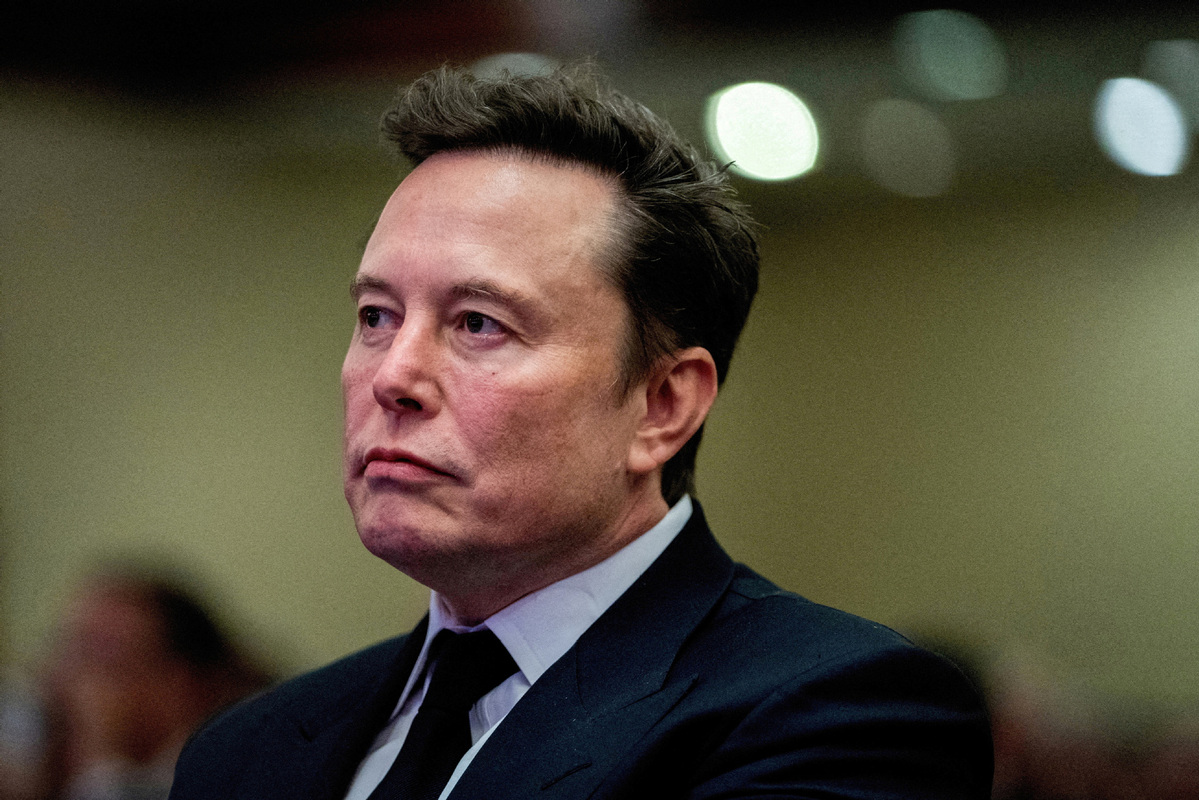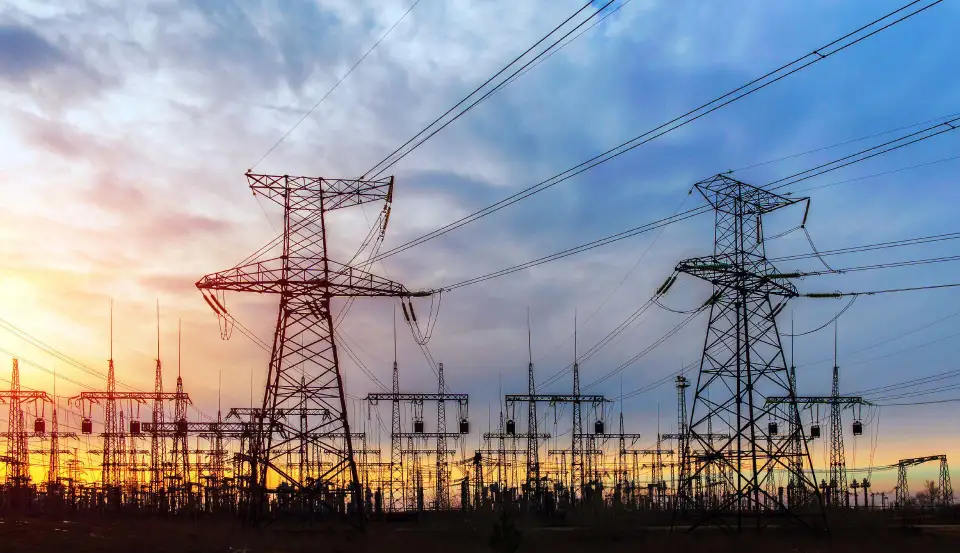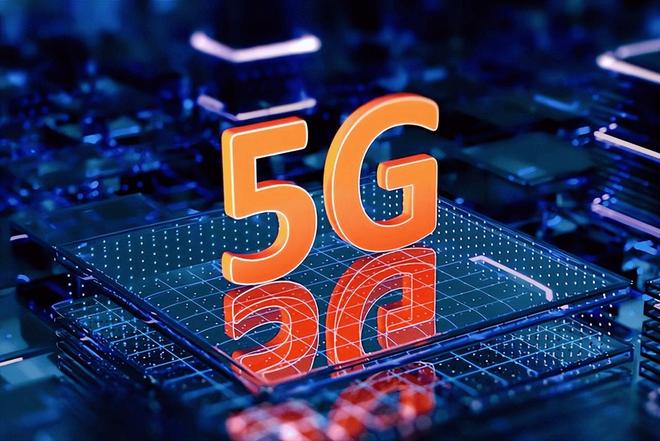After a stalemate over Nexperia that lasted more than a month, China on Saturday (Nov. 8) confirmed it had agreed to allow officials from the Dutch Ministry of Economic Affairs to travel to China for talks, and Nexperia said product flows are expected to return to normal soon. Analysts note that both China and the Netherlands are taking steps to try to defuse a supply‑chain crisis that has escalated from a commercial dispute into a diplomatic row.
A spokesperson for China’s Ministry of Commerce revealed on Saturday, in response to reporters’ questions, that China had agreed to the Dutch ministry’s request to send officials to China for consultations. But the spokesperson also said that so far they have not seen concrete actions from the Dutch side to stop harming the legitimate rights and interests of Chinese companies or to restore stability to the global semiconductor supply chain.
The spokesperson said they hope the Dutch side’s statements “do not remain merely verbal,” and that it should soon put forward substantive, constructive proposals and take concrete actions, and cease using administrative means to intervene in and interfere with companies’ internal affairs.

Nexperia is headquartered in Nijmegen, Netherlands, and was acquired by Chinese semiconductor firm Wingtech Technology in 2019. On Sept. 30 the Dutch government, citing national security, used the Cold War‑era Trade Supply Act to forcibly take control of Nexperia and replaced Chinese CEO Zhang Xuezheng. Beijing responded with strong dissatisfaction and promptly imposed export restrictions on Nexperia’s China plants, disrupting the global auto supply chain. While Nexperia’s chips are produced in Europe, about 70% of their packaging is completed in China. Recently, the Dutch headquarters and the Chinese subsidiary have had frequent disputes, showing signs of disconnect.
Observers widely suspect the Netherlands acted under pressure from the United States; the Dutch decision came just one day after the U.S. announced an “50% ownership‑through‑rule” for export controls. Under that rule, subsidiaries in which an entity listed on the U.S. Entity List owns more than 50% would be subject to the same export restrictions. Wingtech was placed on the U.S. Entity List at the end of last year, and Zhang Xuezheng is the company’s founder.
There were reports that the Dutch government feared Zhang might transfer Nexperia’s patents from the Netherlands to China, and others claimed he planned to cut about four employees in Europe and to “hollow out” Nexperia’s European operations.
However, after the China–U.S. leaders’ meeting on Oct. 30 in Busan, South Korea, where some consensus on trade and economic issues was reached, the Nexperia dispute saw a turning point. On Nov. 1 the White House announced it would pause implementation of the “50% ownership‑through rule” for one year, and said that “China will take appropriate measures to ensure Nexperia’s China plants resume trade, allowing production of key legacy chips to flow to other regions of the world.”
On Nov. 1 China’s Ministry of Commerce announced exemptions for qualifying related exports concerning Nexperia, while emphasizing that the origin and responsibility for the current global semiconductor supply‑chain disruption lie with the Dutch side.
Dutch Economy Minister Kareemans said on Nov. 6 that in the coming days chips from China would be able to reach Europe and other parts of the world smoothly to meet Nexperia customers’ needs. He also said the Netherlands would closely monitor and support developments and take appropriate measures if necessary.
Although Kareemans did not specify what measures might be taken, Bloomberg earlier cited informed sources saying that if China lifts the export restrictions on key chips, the Dutch government would relinquish control of Nexperia.
Dutch Prime Minister Shaofu, speaking during a climate summit in Belém, Brazil on Nov. 8, revealed that China had agreed to resume chip exports from Nexperia’s China plants.
Reuters reported that German auto parts supplier Aumovio became the first company to confirm it had obtained an export control exemption from China; company executives said shipments of Nexperia chips and related components have resumed. Japan’s second‑largest automaker Honda also said chip supplies have shown signs of improvement. Nexperia said it could not yet confirm that supplies have fully recovered, but expected “product flows are likely to return to normal soon.”
Associate Professor Fu Fangjian of the Lee Kuan Yew School of Business at Singapore Management University told Lianhe Zaobao that China’s statement shows Beijing wants the Netherlands to acknowledge and correct its mistake. China’s agreement to allow Dutch Ministry of Economic Affairs officials to come to China for talks is itself a diplomatic gesture, he said, meaning “you were wrong, so you must come and correct that mistake.”
But Fu believes the Netherlands is unlikely to publicly apologize for diplomatic reasons; it may instead revise regulations to prevent similar incidents from happening again and provide economic or reputational compensation to Wingtech.
Shen Meng, Executive Director of Chanson Capital, analyzed in an interview that both China and the Netherlands will have to “each give a little” to ultimately resolve this supply‑chain crisis that escalated from a commercial dispute into a diplomatic confrontation. He expects the Netherlands may give up control of Nexperia, while Wingtech may cancel plans to transfer assets and cut jobs in order to allay Western concerns about China’s control of the auto supply chain.
Shen noted that although Nexperia’s chips are not cutting‑edge choke‑point technology, they occupy a critical position in the global automotive supply chain; “in the short term, in terms of supply volume, it is difficult to find others to replace them.”











暂无评论内容